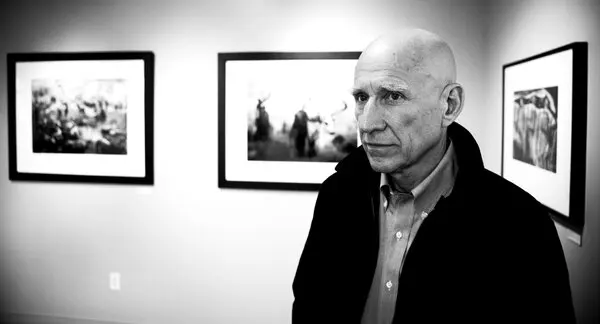Sebastião Salgado, the acclaimed French-Brazilian photographer known for his powerful black-and-white images of people, nature, and global events, has died at the age of 81. The French Academy of Fine Arts, of which he was a member, announced his passing on Friday.
In a statement, the academy expressed deep sorrow, describing Salgado as a “great witness to the human condition and the state of the planet”.
Salgado rose to international prominence through his striking monochrome photographs, which captured a range of subjects from conflict zones to remote natural landscapes, particularly the Amazon rainforest. His distinctive style featured in exhibitions, books, calendars and private collections around the world.
Although some critics suggested his images aestheticised suffering, Salgado remained committed to his visual approach and thematic focus throughout his career.
According to a statement from his family, Salgado contracted a rare form of malaria in Indonesia in 2010. Over time, complications from the illness developed into severe leukaemia, which ultimately led to his death fifteen years later.
Widely respected
Brazilian President Luiz Inácio Lula da Silva paid tribute to Salgado, calling him “one of the finest photographers the world has known”. News of Salgado’s death reached the president during an official event in Brasília, where he requested a minute’s silence in the photographer’s memory.
Reporters Without Borders described him as an “emblematic figure of documentary photography”, noting his ability to capture both human stories and the natural world with remarkable sensitivity. The organisation also highlighted Salgado’s contribution of 100 photographs to one of its fundraising publications.
Audrey Azoulay, Director-General of UNESCO, praised Salgado as an exceptional artist whose work raised awareness of major ecological and social issues. She acknowledged his efforts to spotlight the realities of the Amazon and its indigenous communities.
A lasting legacy
Salgado’s work spanned continents, with projects documenting life in regions such as Rwanda, Indonesia, Guatemala and Bangladesh. His images often focused on pressing global issues such as famine, conflict, and forced migration.
He viewed photography as a powerful tool to foster a better relationship between humanity and the environment, according to the French Academy of Fine Arts. His preference for black-and-white photography, he believed, helped convey the essential dignity of the human experience.
Born in Brazil, Salgado was active in leftist student movements during the 1960s. He trained as an economist and, in 1969, moved to France with his wife Lélia Wanick to escape Brazil’s military regime. He later became a French citizen.
His early work documenting drought and famine in African nations led to his joining Magnum Photos in 1979, a major milestone in his career.
In a 2022 interview with AFP, Salgado described photography as “a way of life”. He was in São Paulo at the time to present his exhibition Amazonia, the culmination of seven years of work in the world’s largest rainforest.
A committed environmentalist, Salgado was a vocal critic of former Brazilian president Jair Bolsonaro, particularly in relation to policies encouraging deforestation and exploitation of the Amazon.
He also co-founded Instituto Terra, a reforestation initiative in Minas Gerais, his home state in Brazil. The project has involved over 3,000 landowners and has been widely recognised for its success in ecological restoration.
